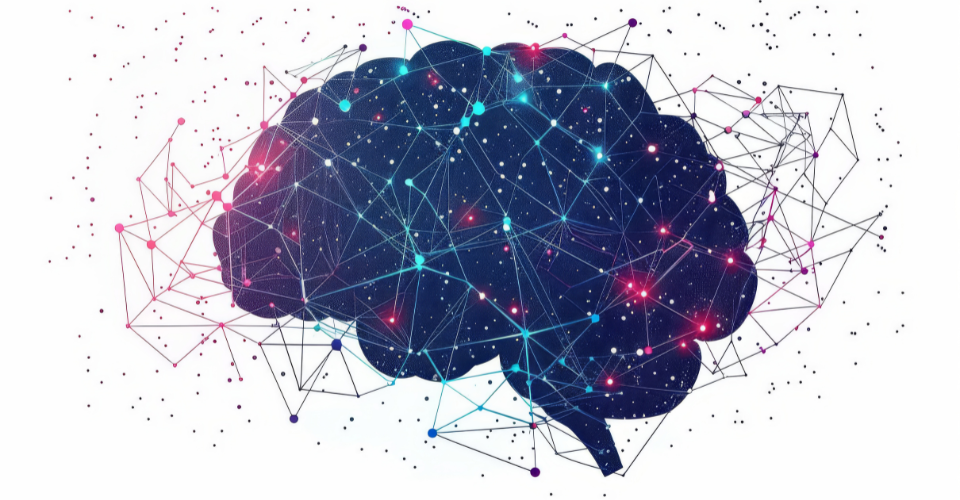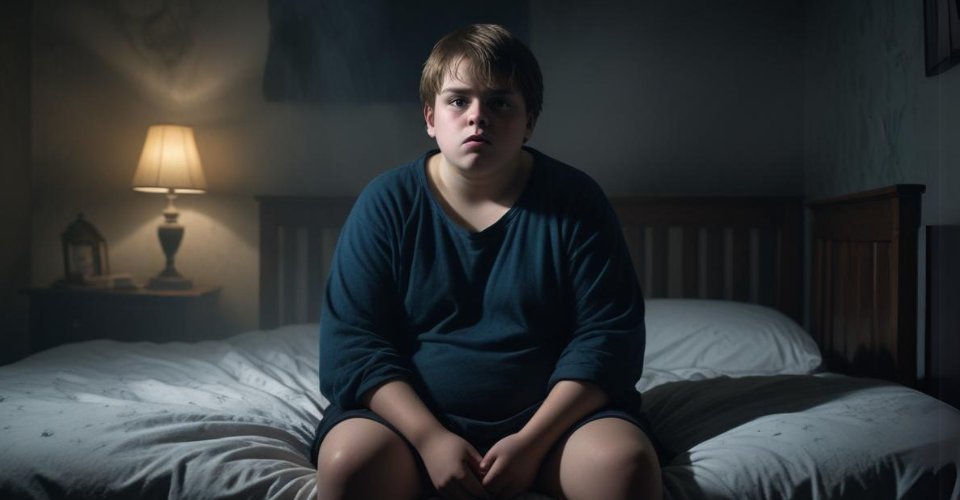Mental Health News
Researchers at Trinity College Dublin showed how optimal digital media use and mental health are interconnected in teenagers. The study is published in the journal Computers in Human Behaviour.
The Study
The researchers surveyed data from the Growing Up in Ireland study. They examined over 6000 participants between the age of 13 years and again at the ages of 17–18 years.
These participants were asked to report the time they spent online and the types of online behavior they engage in. These include online messaging, school or college work, watching movies, listening to music, or sharing videos and pictures.
The researchers wanted to see if the “Goldilocks Principle” or the concept of “just the right amount” worked when the online engagement was associated with mental wellbeing in teenagers.
The Findings
The results showed that different groups spent different time online and differed in their type and quality of online behavior. However, collectively, it was seen that high levels of digital media use had poor mental health consequences for the participants. Additionally, no use of media predicted peer problems.
This led the researchers to infer that the moderate use of digital media enhances the mental health of teenagers and encourages healthy active behaviors that are social, educational, and entertaining in nature.
To Know More You May Refer To
Brannigan, R., Gil-Hernández, C. J., McEvoy, O., Cronin, F., Stanistreet, D., & Layte, R. (2022). Digital engagement and its association with adverse psychiatric symptoms: A longitudinal cohort study utilizing latent class analysis. Computers in Human Behavior, 133, 107290. https://doi.org/10.1016/j.chb.2022.107290



























